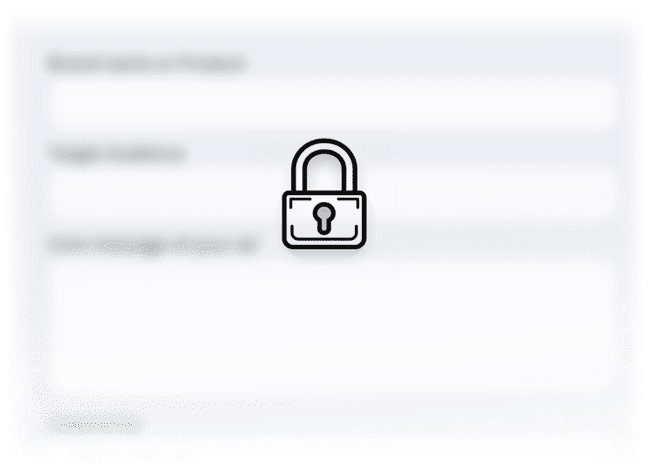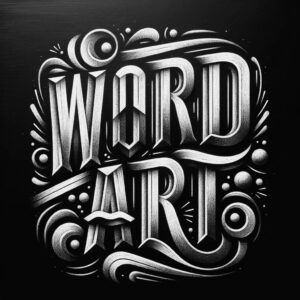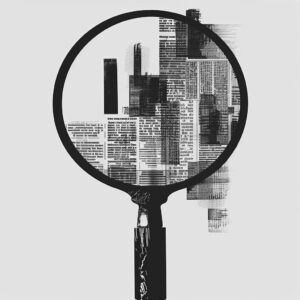Crafting Compelling Recommendation Letters: A Step-by-Step Guide
Creating a recommendation letter can be a daunting task, but with the right tools and guidance, you can compose a letter that truly reflects the candidate’s abilities and stands out to the recipient. This guide will walk you through the process using the “Recommendation Letter Writer” tool, ensuring that your letter is personalized and impactful.
Understanding the Interface
Firstly, familiarize yourself with the interface of the Recommendation Letter Writer tool:
- Recipient’s Full Name: This is where you’ll input the name of the individual or organization the letter is addressed to.
- Type of Application: A dropdown menu to select the context for which the recommendation is being written, such as a job application, academic program, or volunteer opportunity.
- Duration of Relationship with the Candidate: Specify the length of time you’ve known the candidate to establish the depth of your association.
- Your Relationship with the Candidate: Describe your professional or academic relationship with the individual, providing context for your endorsement.
- Candidate’s Skills/Strengths/Accomplishments/Qualities: This is a crucial section where you can list the attributes of the candidate that you wish to highlight.
Composing the Letter
- Start with the Basics: Begin by filling in the “Recipient’s Full Name” and selecting the appropriate “Type of Application.” Be accurate and double-check for typos.
- Establish Your Credibility: In the “Duration of Relationship with the Candidate” and “Your Relationship with the Candidate” fields, be precise and concise. This helps establish your authority and credibility.
- Highlight the Candidate’s Merits: In the large text field, detail the candidate’s relevant skills, strengths, accomplishments, and qualities. Use bullet points or a list to organize your thoughts if necessary.
Tips for an Effective Letter
- Be Specific: Generalities don’t convey conviction. Use specific examples that illustrate the candidate’s qualities.
- Stay Relevant: Tailor the content to the type of application. What’s crucial for a job application may differ from an academic one.
- Quantify Achievements: Whenever possible, use numbers and data to quantify the candidate’s accomplishments.
- Use Professional Language: While it should be heartfelt, maintain a professional tone throughout the letter.
- Proofread: Before submitting, check for spelling and grammar errors to ensure your letter is polished and professional.
Finalizing and Submission
Once you’ve completed all sections, review the entire letter. The “Submit” button will likely finalize your input and perhaps generate the letter based on the information provided. Ensure everything is in order before submitting, as you may not be able to make changes afterward.
By following these steps and tips, you can ensure that your recommendation letter will be a robust and genuine testament to the candidate’s qualifications and character.
Types of Recommendation Letters this Tool Can be Used For
- Academic Applications: For students applying to undergraduate or graduate programs, recommendation letters from teachers or professors can highlight their academic achievements, potential, and readiness for higher education.
- Job Applications: Employers often request letters of recommendation from previous employers or colleagues to understand a candidate’s work ethic, skills, and experiences in a professional setting.
- Scholarship Applications: When applying for scholarships, a recommendation letter can help in showcasing a student’s intellect, character, and suitability for the scholarship.
- Award Nominations: Individuals nominated for awards may need recommendation letters to support their nominations, highlighting their achievements, contributions, and impact in a specific field or community.
- Professional Memberships or Certifications: Certain professional organizations or certification programs require recommendation letters as part of the application process to verify a candidate’s qualifications and suitability.
- Rental Applications: Landlords may request recommendation letters from previous landlords or employers to assess a potential tenant’s reliability and responsibility.
- Volunteer Positions: Non-profit organizations might ask for recommendation letters to understand a volunteer’s character, skills, and commitment to community service.
- Legal Proceedings: In some legal cases, character reference letters are used to provide insight into an individual’s character and behavior, which can be influential in legal judgments or sentencing.
- Academic Awards or Fellowships: Academics applying for fellowships or awards often need recommendation letters to demonstrate their research capabilities, contributions to their field, and academic excellence.
- Internship Applications: For students or recent graduates, letters of recommendation can be vital in securing internships, especially when they lack extensive work experience.

















